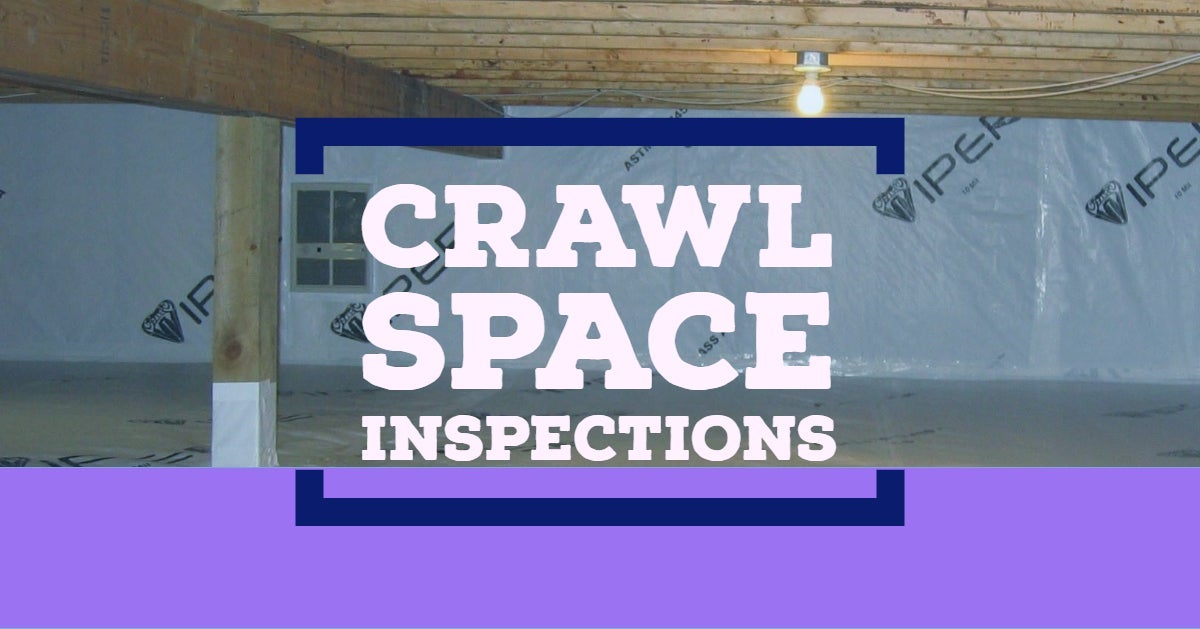
10 Weeks to Tip Top Shape
Week 6: The Truth About Crawl Space Inspections
Original Post by Clean Crawls: http://bit.ly/CleanCrawlsMM
Whether you are buying or selling a home, you plan to someday, or you just want to make sure your home is safe and healthy, a good home inspection is necessary. The surprising truth is that even though you may see nothing wrong with it at first glance, a home inspector is likely to call out a problem with your crawl space.In fact, many real estate agents can attest to this trend, since it often can delay or add complication to a home sale. Once this “red flag” is triggered, a homeowner is under the gun to get a bid from a professional crawl space cleaning, insulation, or pest control company before the sale can be finalized.The reason that home inspectors are so inclined to call out the need for repairs and upgrades to a crawl space during their inspection is simply because there is so much that can go wrong in a crawl space…and the reason that most people don’t realize the true extent of the many problems is simply because they spend so little time in their crawl space. Even those that do look inside their crawl space usually don’t know what to look for.Having your crawl space inspected is a great way to identify potential problems with your home before they become larger issues. A thorough inspection is very important, especially if you are trying to sell your home!If you’ve noticed signs that your crawl space may need an inspection, or are aware that it needs maintenance don’t but don’t know where to start, then read on – we’re here to tell you everything you need to know about crawl space inspections! What A Crawl Space Inspection DoesAn inspection is done to identify problems – or trouble that could lead to problems later on. The inspector will especially be looking for any of these warning signs:
- Termites, whether they’re visible or there are signs that they may be starting to burrow.
- Moisture damage in the form of damp insulation, condensation, warped or cracked materials.
- Mold and/or mildew, whether on the walls, on items stored in the attic or crawl space or a musty smell.
- Potential wiring or plumbing problems.
- Foundation issues, whether cracks, settling or shifting.
- Evidence of dangerous materials, like asbestos or urea-formaldehyde.
- The condition of floor framing, including any damage to the wooden supports.
- Presence of pests, vermin, and other animals – or evidence of damage they’ve done.
- Ventilation, whether it’s sufficient or not and if all vents are clear.
- Presence and quality of vapor barriers.